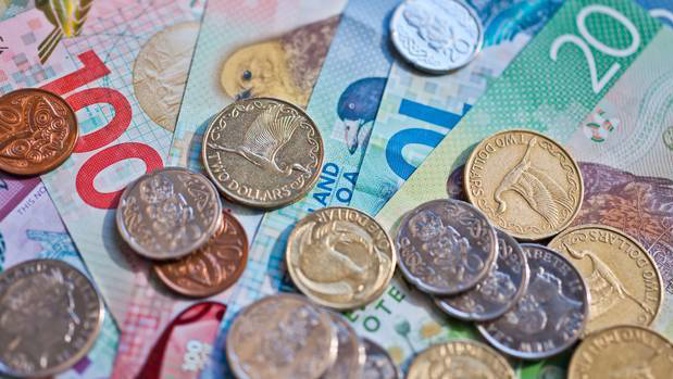
Nearly a million Kiwis have paid too much tax on their investments including KiwiSaver - money that won't be paid back.
The Inland Revenue has updated figures and found 950,000 people were on a prescribed investor rate that was too high in the last tax year.
The average amount overpaid is $44 amounting to a potential $41.8 million in overpayment.
The current legislation does not allow for refund of overpayment.
It has also found that 550,000 people unpaid tax on their investments, including KiwiSaver, with an average of $80 to $90 per person.
That means around $45 to $50 million will need to be paid to the tax department.
The figures have blown out from the original estimate in which the IRD said around 450,000 people were on the wrong tax rate.
Sharon Thompson, Inland Revenue deputy commissioner, said the figures suggested people needed support to make sure they were on the right prescribed investor rate (PIR).
Up until now it has been up to individuals to make sure they are on the right rate.
Most KiwiSaver providers send out annual reminders to get people to check their rate but say the response rate is often very low.
Thompson said in the future it would contact customers during the year if they were found to be on the wrong rate.
"This will be an on-going process to ensure that customers get things right from the start."
The IRD said from mid-July it would begin contacting those on the wrong rate to let them know they need to change it.
"They can then contact their investment provider to change their rate."
The IRD changed to a new system in April which now allowed its to group together all the income people received including wages, salary and investments which now allowed it to see if people were on the right rate relative to their income level.
""In the past our old system did not do this automatically and we relied on people and their investment providers to make sure they were on the right rate."
The IRD would not be going back paid the last tax year to recover unpaid tax, it said.
Thompson said trying to go back over past years and determine incorrect payments based on wrong PIRs would have required significant work not just for Inland Revenue but for individual taxpayers and financial institutions.
"So we made a business decision to look forward and not go back. We'll be working on how we help people to get their PIR right for the future rather than trying to identify errors people may have made in previous years."
Take your Radio, Podcasts and Music with you









